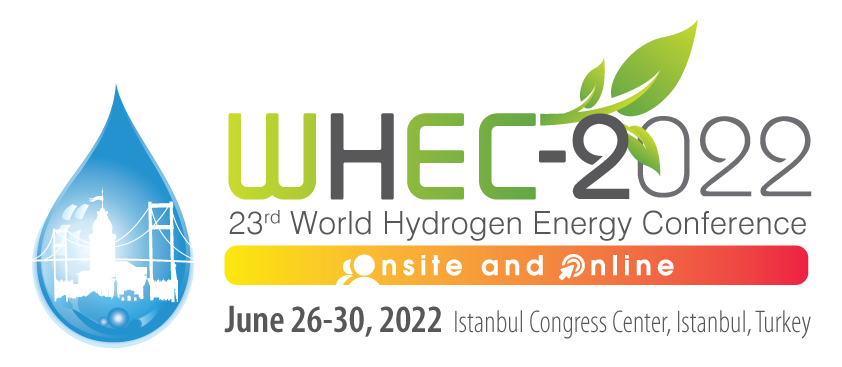| Name | Prof. dr. ir. Joris Proost |  |
| Affiliation | Division of Materials and Process Engineering, Université catholique de Louvain (UCLouvain), B-1348 Louvain-la-Neuve, Belgium | |
| Contact information | – | |
| Presentation Title | Critical assessment of the production scale required for fossil parity of green electrolytic hydrogen | |
| Abstract | Hydrogen produced from renewable electricity through Power-to-Hydrogen can facilitate the integration of high levels of variable renewable electricity into the energy system. An electrolyser is a device that splits water into hydrogen and oxygen using electricity. When electricity is produced from renewable energy sources, electrolytic hydrogen can be considered to be green. Key green hydrogen production technologies, mostly PEM and alkaline electrolysers, are still further maturing, both in technical (efficiency), economical (CAPEX) and durability (lifetime) performance. Nonetheless, we will show in this contribution how fossil parity for green hydrogen, i.e. a Total Cost of Ownership (TCO) similar to grey H2 coming from CO2 intensive SMR processes, can already be achieved today. Moreover, this can be realised at a scale which corresponds to the basic units of renewable electricity generation, i.e. a few MW. | |
| Biographical Sketch |
Prof. dr. ir. Joris Proost holds a Master and PhD in Materials and Process Engineering from Louvain University (KUL), Belgium in 1994 and 1998, respectively. After spending 3 years at Harvard University, he joined the Faculty of Louvain University at Louvain-la-Neuve (UCLouvain) in 2003, where he is a tenured Full Professor since 2009. His current research interests focus on electrochemical process intensification, with a particular interest on developing new reactor and electrode technologies for renewable hydrogen production. Prof. Proost is currently the Belgian representative at the Hydrogen Technology Collaboration Program (TCP) of the International Energy Agency (IEA), for which he is involved as one of the subtask leaders in Task 38 on Power-to-Hydrogen. He was also invited as a participant of the high-level strategic IEA H2 workshop in February 2019 in Paris, and acted as a Peer Reviewer of the resulting report that has been launched mid-June 2019 at the meeting of the G20 energy ministers in Tokyo. | |
